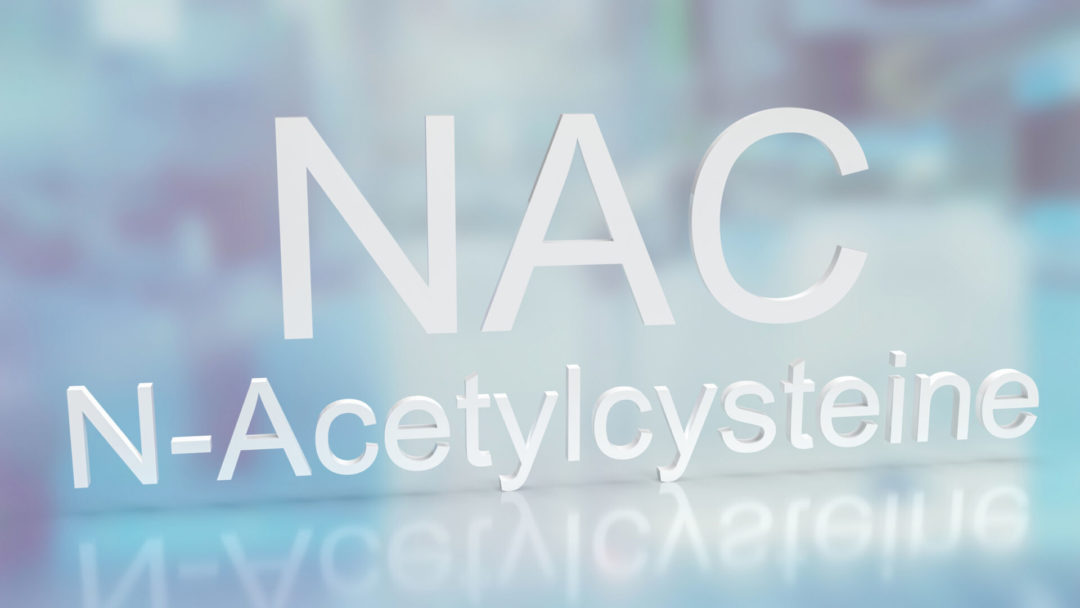Washington, D.C.—The Food and Drug Administration (FDA) has issued Guidance for Industry: Policy Regarding N-acetyl-L-cysteine. The guidance advises dietary supplement manufacturers, distributors, and other stakeholders of FDA's intent to exercise enforcement discretion with respect to the sale and distribution of certain products that contain N-acetyl-L-cysteine (NAC) and are labeled as dietary supplements. The enforcement discretion policy applies to products that would be lawfully marketed dietary supplements if NAC were not excluded from the definition of “dietary supplement” and that are not otherwise in violation of the Federal Food, Drug, and Cosmetic Act (FD&C Act).(Background: FDA Issuing Enforcement Discretion Guidance on NAC)
The move comes after FDA announced on March 31, 2022 that it had denied the request in citizen petitions from theCouncil for Responsible Nutrition (CRN)andNatural Products Association (NPA)that asked the agency to determine that products containing NAC are not excluded from the definition of a dietary supplement. Prior to that, NPA had filed a lawsuitagainst FDA requesting that the agency “cease its unlawful retroactive application of the Food, Drug, and Cosmetic Act” against NAC.
NPA Reacts to FDA's Final Guidance on "Enforcement Discretion" of NAC
“This is a big win but it is bittersweet for sure," said Daniel Fabricant, Ph.D., President and CEO of NPA. "Although it was NPA’s leadership that secured this victory for American consumers, the FDA could have and should have reached this decision years ago. The dietary supplement industry is under attack from all levels of government, from shortsighted organizations pushing for unnecessary and costly new federal red tape to state lawmakers who are determined to block access to supplements and raise costs for consumers and retailers. But NPA’s members had the foresight and commitment to turn the tide.
“Citizens petitions and lawsuits are extreme measures and should be the rare exception, not the rule," Dr. Fabricant continued. "The industry experienced significant economic harm as a direct result of the Agency’s years-long and inexplicable delays on NAC, but thankfully our actions held FDA accountable and forced their hand on issuing final guidance. We hope this is a teachable moment for the agency and that basic regulatory obligations in the future are handled in the timely and professional manner befitting of the world’s gold standard.”
CRN Disagrees with FDA’s Interpretation of the Drug Preclusion Clause
Megan Olsen, CRN's Senior Vice President and general counsel, also issued a statement in response to the announcement. "CRN appreciates FDA providing this final enforcement discretion, but CRN continues to disagree with FDA’s interpretation of the drug preclusion clause that led to the need for this policy in the first place," Olsen said. "Drug preclusion should not apply to NAC."FDA has suggested that it cannot start the rulemaking process under the exclusion to the drug preclusion clause because it is still reviewing the safety of NAC," Olsen continued. "FDA has had access to safety information provided by stakeholders at the request of FDA for more than six months, and this ingredient has been sold as a dietary supplement for decades without any safety issues being raised. FDA has had ample time to raise any safety concerns; continuing to stall on the rulemaking at this point just harms businesses and consumers."
Regarding rulemaking, Olsen pointed out that FDA spokespersons have indicated that this could take three to five years. And that, she said, is "all the more reason why FDA should begin the rulemaking process immediately or provide its reasoning for needing additional safety or other data. We strongly encourage FDA to explore ways in which rulemaking can be expedited, such as using interim rulemaking authority and providing adequate agency resources to the notice and comment rulemaking process so a final rule can be implemented as quickly as the law allows, without the need for additional extensions or delays by the agency during the rulemaking process."










